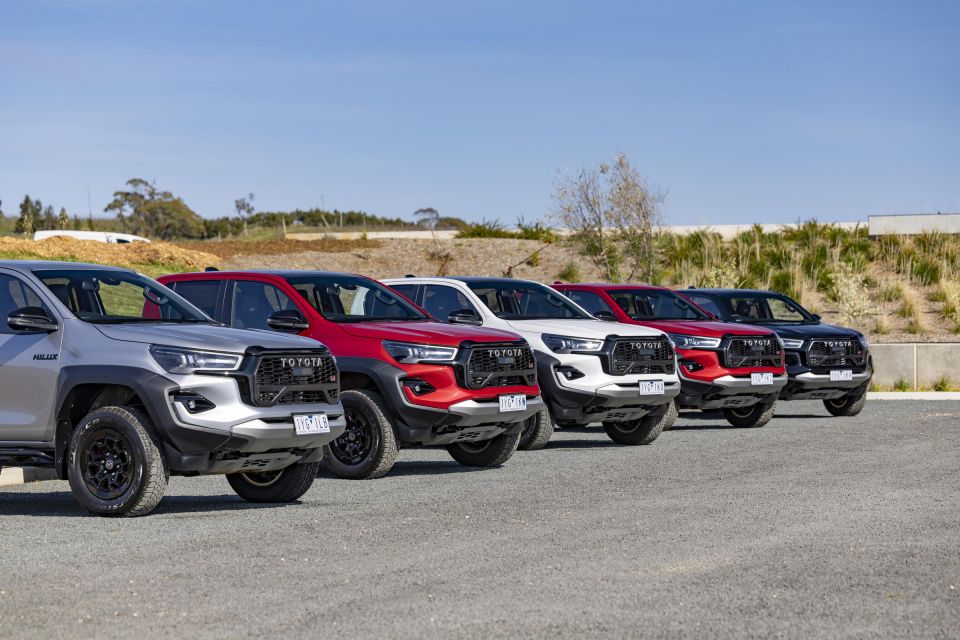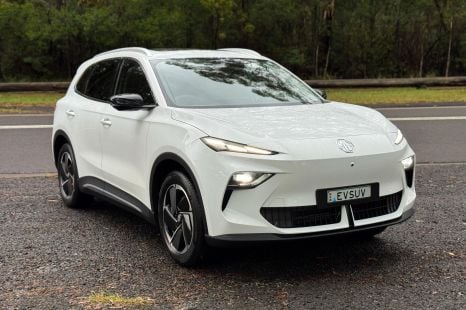

Angus MacKenzie
5 Days Ago
Australia's sky-high used car prices have continued to fall, with Moody's Analytics forecasting close to a 10 per cent drop in 2024.

Contributor


Contributor
Australian used car prices have continued their decline from the all-time highs hit during COVID.
Data from financial intelligence firm Moody’s Analytics shows used car prices fell 0.8 per cent in October, and are now sitting 17.2 per cent below the May 2022 peak.
Strong new car supply – which drove record deliveries in October, and has propelled the Australian new car market past 1 million sales so far in 2023 – is a key driver of dropping used car prices.
Moody’s Analytics is predicting prices will drop by 9.5 per cent overall in 2023, and expects a similar decline in 2024 before prices stabilise in 2025.

“However, our economic forecast isn’t without potential risks,” Moody’s said.
“Should the global economy underperform, the Australian economy could experience a more severe and rapid drop in demand than currently anticipated, leading to a faster price decline.
“Conversely, there’s a risk that the anticipated demand slowdown may not occur as quickly as projected, which could maintain high prices in the used-vehicle market for a longer period.”
Carmakers are predicting stronger supply of new cars won’t necessarily correlate with endless sales growth in line with the past six months, which would lead to sharper deals on new cars – and more used car price drops – for Australian buyers.

Toyota vice president of sales and marketing Sean Hanley recently told CarExpertthe sales charts are about how many cars you can get off boats and into customer hands in 2023, rather than how many sales dealers are making.
“While the sales results are real, they are not necessarily reflective of the demand in the market of that given month. They’re only reflective of what any OEM, whatever brand, can actually deliver,” Mr Hanley said.
His thoughts were echoed by Hyundai Australia boss John Kett, who told CarExpert the market growth in 2023 is “impressive”, but said “a lot of it is carryover from last year”.
With the Australian new car market this year on track to top 1.2 million deliveries for the first time, both Mr Hanley and Mr Kett said demand has softening since the start of 2023.
“We’ve been seeing it [softening] from about March this year,” said Mr Hanley.
Scott Collie is an automotive journalist based in Melbourne, Australia. Scott studied journalism at RMIT University and, after a lifelong obsession with everything automotive, started covering the car industry shortly afterwards. He has a passion for travel, and is an avid Melbourne Demons supporter.


Angus MacKenzie
5 Days Ago


Matt Campbell
4 Days Ago


James Wong
3 Days Ago


William Stopford
2 Days Ago


Max Davies
1 Day Ago


Damion Smy
20 Hours Ago